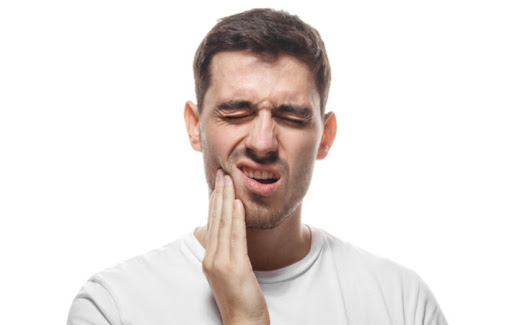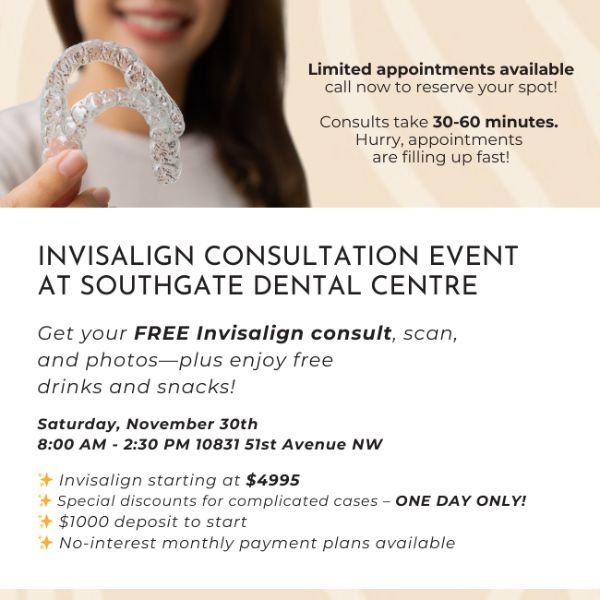We all know that tooth pain can ruin your day or your week. Knowing why your tooth hurts is one of the best ways to figure out how to fix it. Depending on the cause, there is probably a treatment that can help ease the pain.
Chronic or persistent pain always deserves a call to your dentist. Let’s explore some common causes for a hurt tooth and the best steps to take to feel better.
Common Causes of Tooth Pain
Tooth pain can have a variety of causes, stemming from physical impact to nerve damage inside the tooth. A toothache may also indicate there’s a problem somewhere else in your body. That’s why recognizing tooth pain early and responding to the symptoms is the best way to prevent further damage to your body.
Symptoms of a Hurt Tooth
Not all tooth pain is alike. A hurt tooth could be an intermittent pain, a constant throbbing sensation, or a sudden jolt that feels very uncomfortable. Here are some of the most common symptoms that indicate something is wrong with your tooth:
- Constant throbbing pain
- Swelling in the gums around a tooth
- Sharp pain from biting down or touching the tooth
- General tenderness around the tooth
- Tooth sensitivity to hot or cold temperatures
- Persistent bad breath
- Bad taste in your mouth or irregular fluid
Toothaches & Manageable Pain
Almost 12% of Canadians report having experienced oral pain, so it’s not an uncommon thing to feel aches or discomfort in your teeth. A toothache is any pain you feel in and around your teeth. Typical causes of tooth pain include:
- Tooth decay, otherwise known as a cavity. As decay progresses the tooth may become infected and start hurting more.
- Gum disease in the early stages is called gingivitis, when it progresses is called periodontitis. The pain may not actually be in the tooth itself but in the gum tissue surrounding the tooth.
- Sinus infections that put pressure on the tooth nerves. The outside of the tooth may appear normal in this situation.
- Teeth grinding or jaw clenching puts irregular stress on the jaws and teeth. This can lead to temporomandibular joint dysfunction (TMD).
- Gum recession leaves the roots of your teeth exposed and very sensitive.
- Worn tooth enamel, called enamel erosion. This occurs when the outside layer of your tooth cracks or wears and exposes more sensitive inner layers.
Dental Trauma & Severe Pain
When tooth pain has gone unnoticed or ignored for an extended period, it can suddenly become more severe. Pain that prevents you from doing normal day-to-day activities should be managed immediately by a dentist. There are also dental emergencies that require immediate professional dental care. These include:
- Chipped or broken tooth
- Knocked-out tooth
- Lost filling or dental crown
If you experience a dental emergency or severe tooth pain, call our office immediately for a priority booking.

Tooth Pain Treatments
When a hurt tooth just won’t go away, it’s always best to call your dentist, especially if pain persists for more than 48 hours. Even if the pain is manageable or feels like it “will go away”, there could be other health issues that your teeth are trying to tell you.
For serious matters, such as a broken tooth or a tooth infection, you will require treatment from a dentist to get back to full health. Physical exams, x-rays, antibiotics, and pain medication can all contribute to a full recovery in partnership with your dentist.
At-Home Remedies
Mild pain can be managed with some techniques at home. If your tooth continues to hurt after medication or at-home treatment, it’s necessary to visit a professional. Here are some techniques to try at home before your dentist appointment or if the pain is mild:
- Over-the-counter pain medication. If the recommended dosage does not relieve symptoms it’s time to visit the dentist.
- Salt water rinse. A natural disinfectant that helps heal wounds and reduces inflammation.
- Hydrogen peroxide rinse to relieve pain and inflammation. Dilute a 3% hydrogen peroxide mix with equal parts water and use as a mouthwash. Do not swallow this solution.
- Cold compress applied to the hurt area. Wrap a bag of ice in a towel and keep pressed against the affected area for 20 minutes at a time.
- Natural remedies such as vanilla, clove oil, garlic paste, or peppermint tea. These substances have numbing and soothing properties and can reduce inflammation.
Don’t Live With the Pain
It’s always important to remember that ignoring tooth pain or trying to tough it out can end up making things worse. Try to identify what the cause of your pain is and then start taking immediate steps to fix the problem.
The good news is that you don’t have to live with tooth pain. Our dentists are experienced in helping patients with a variety of tooth pain issues. While there are some short-term remedies you can try at home, it’s always best to contact our office to make sure you can smile again, pain-free.



